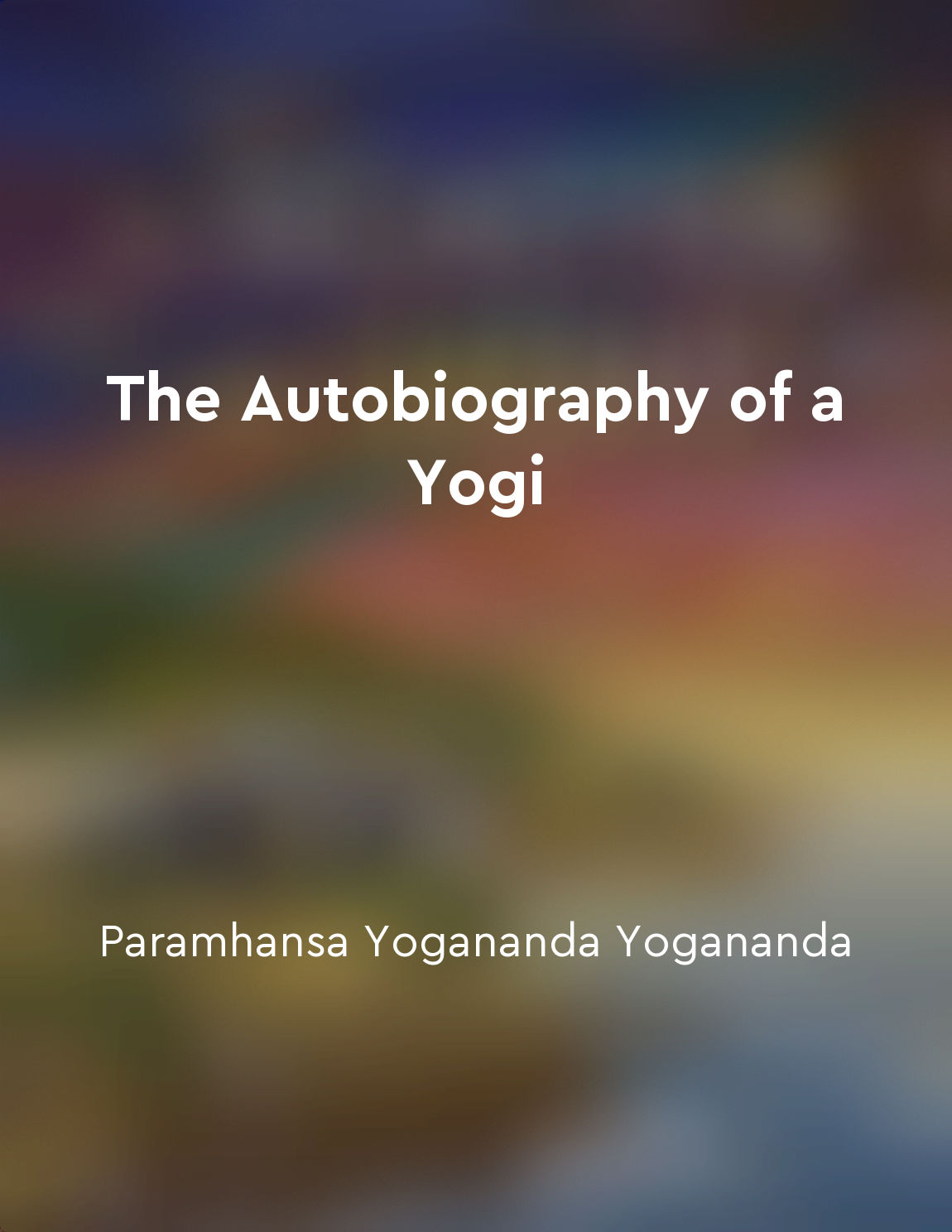Medieval mystics sought a personal connection with God from "summary" of A History of God by Karen Armstrong
During the medieval period, mystics embarked on a profound spiritual quest that centered around the desire for a direct and intimate relationship with the divine. This yearning for a personal connection with God was a driving force behind their religious practices and experiences. Mystics sought to transcend the rituals and doctrines of institutional religion in order to commune with God on a deeper, more authentic level. These mystics often withdrew from the world, retreating to secluded places such as monasteries or hermitages to cultivate a sense of solitude and silence conducive to contemplation. By engaging in practices such as prayer, meditation, and asceticism, they hoped to purify their hearts and minds, allowing them to experience God's presence more fully. Through these spiritual disciplines, mystics sought to quiet the noise of the outside world and listen for the still, small voice of God within. Central to the mystical experience was the belief in the immanence of God – the idea that the divine could be encountered within the depths of one's own soul. Mystics viewed the human heart as a sacred space where God could be found, and they sought to open themselves up to the transformative power of divine love. This intimate connection with God was not based on intellectual understanding or adherence to dogma, but rather on a deep, personal experience of the divine presence. For mystics, encountering God was not merely a theoretical exercise, but a profoundly transformative experience that touched every aspect of their being. In the mystical encounter, the boundaries between self and other, human and divine, dissolved, leading to a sense of union with God that transcended language and rational thought. This union was characterized by a profound sense of peace, joy, and love that surpassed all earthly pleasures. In seeking a personal connection with God, medieval mystics were driven by a deep longing for spiritual fulfillment and a desire to experience the divine in a direct, immediate way. Their mystical practices and experiences were a testament to the power of the human spirit to transcend the limitations of the material world and commune with the infinite. Through their quest for union with God, mystics sought to find meaning, purpose, and ultimate truth in a world that often seemed chaotic and uncertain.Similar Posts
Medieval mystics sought a personal connection with God
During the medieval period, mystics embarked on a profound spiritual quest that centered around the desire for a direct and int...

The book inspires readers to seek inner harmony and balance
The Autobiography of a Yogi invites individuals to explore the depths of their inner selves, urging readers to embark on a jour...

Journey to America to spread teachings
In the early 1920s, my guru, Sri Yukteswar, perceived that it was time for me to carry the message of Kriya Yoga to the West. H...
Importance of spiritual nourishment
The spiritual nourishment is an essential aspect of a believer's life. It is through this nourishment that the soul is rejuvena...
Science helped me make sense of the world around me
I remember the first time I peered through a microscope in science class. As I adjusted the lens, a whole new world came into f...
Dante sees souls suffering for their sins in various gruesome ways
Dante bore witness to the torment of souls whose actions in life had led them to the depths of Hell. Their punishment was fitti...
